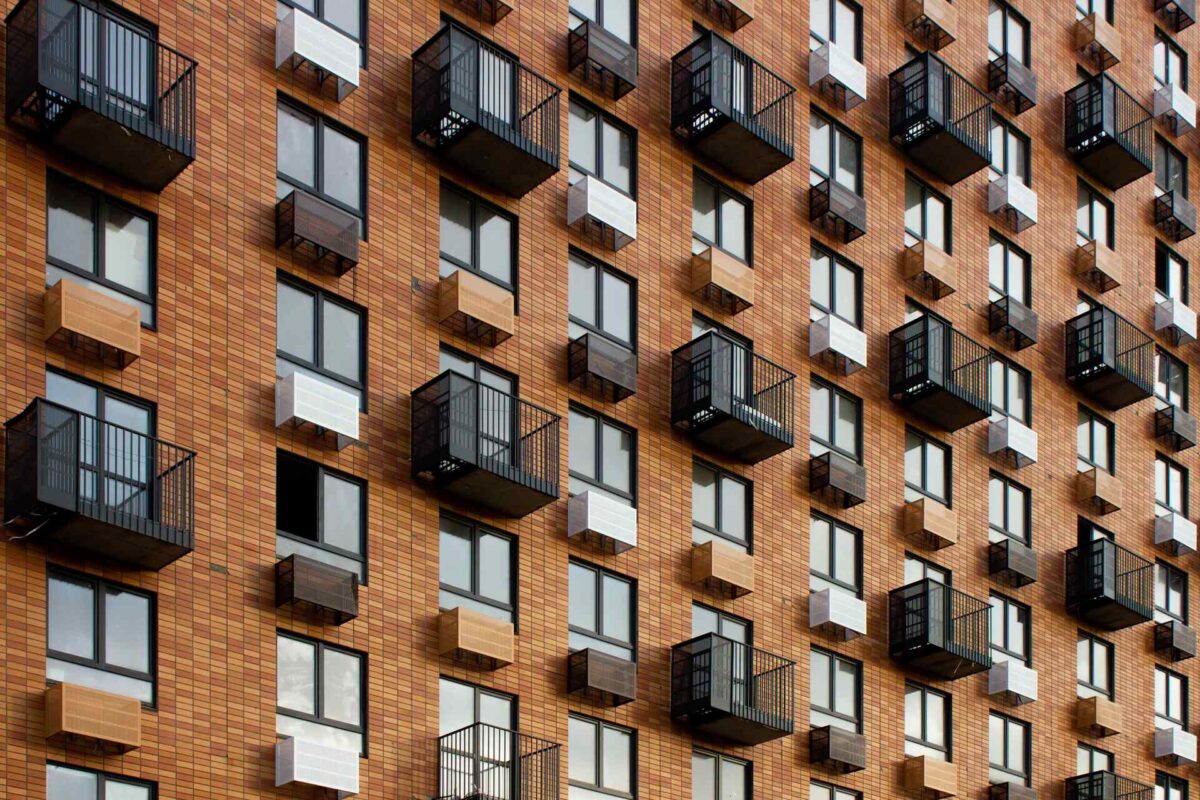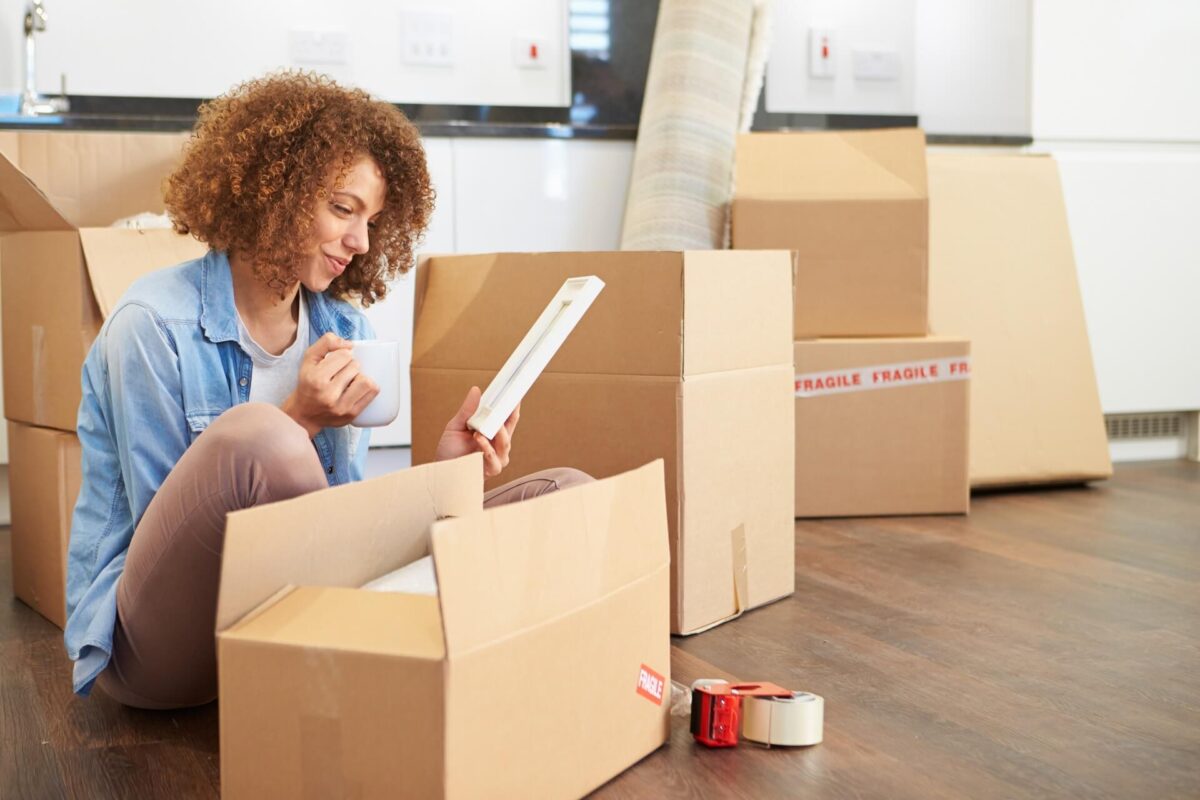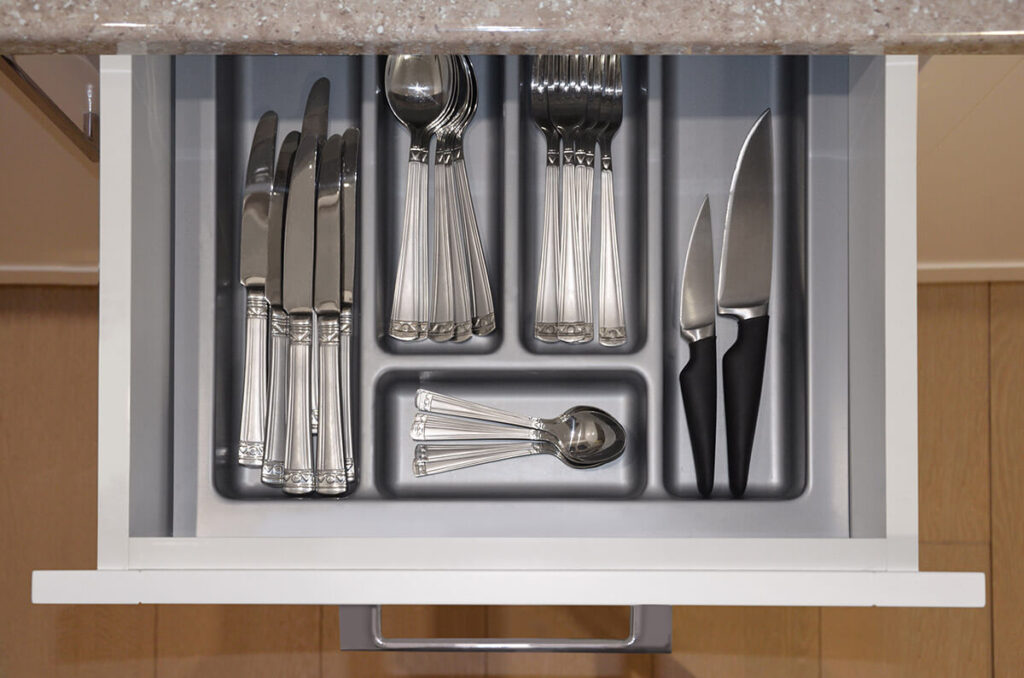From navigating the local rental market to adjusting to a different culture, there are several factors to consider in order to make your international move as stress-free as possible. In this post, we’ll explore some strategies to help you navigate the process of moving from a house to an apartment when relocating abroad so that you can start your new adventure with ease and confidence.


To seamlessly pull off moving from a house to an apartment, start by decluttering and downsizing your possessions to fit into a smaller space. Research and choose an apartment that fits your needs and budget, and hire an international moving company to help with the move. Take advantage of storage solutions and multi-functional furniture to maximize your space in the apartment. Personalize your new space and get to know your neighbors to make the transition smoother and more enjoyable. Finally, be patient with yourself and give yourself time to adjust to the new environment.
Identify Your Reasons and Motives for Moving From a House to an Apartment
When moving abroad, one of the major decisions you’ll need to make is where to live, and you may decide that apartment living is currently a suitable option. But how do you know it’s the right decision? Identifying your reasons and motives for downsizing from house to apartment can help you determine if it’s the right choice for you. Here are some of the most common reasons why people end up choosing this type of residence:
- Cost – in many cases, apartments are cheaper than houses, particularly in urban areas, which is pretty convenient if you’re already relocating on a low budget,
- Convenience – many apartments abroad offer amenities such as laundry facilities, fitness centers, and pool access that would be costly or difficult to obtain in a house,
- Security – apartments often offer more security features than houses, such as gated entrances, security cameras, and on-site security guards.
- Maintenance – many of your maintenance responsibilities are taken care of for you if you opt to rent a place, leaving you with more free time to enjoy your new surroundings,
- Community – many apartment communities have social events and activities that allow you to meet your neighbors and build relationships.
Ultimately, the decision to choose this type of living space depends on your unique circumstances and preferences. That is why it’s important to consider your budget, lifestyle, and priorities before shipping overseas.
Understanding the Trade-Offs Involved in Downsizing From a House to an Apartment
While there are relocation benefits to living in a shared building, there are also trade-offs that you should be aware of before making the switch. Here are some of the key trade-offs to consider:
- Space – apartments are typically smaller than houses, which means you will have less living, storage, and outdoor space,
- Privacy – in apartments, you may have neighbors living on either side of you or above and below you. This can lead to more noise and less privacy,
- Location – apartments are usually located in more densely populated areas or urban centers, while houses may be located in more suburban or rural areas, which is not ideal for all.
Careful consideration of these factors can help you make an informed decision about your future living space, so it can meet your needs and preferences to the fullest.


A Guide to Finding the Perfect Apartment
Before you start looking for a perfect space, it’s essential to research potential neighborhoods to find the best fit for your needs. Make a list of your priorities, such as safety, proximity to work or school (if you’re relocating with kids), public transportation, nightlife, or green space. This will help you narrow down your search and focus on neighborhoods that meet your needs.
There are many international real estate websites available, such as Century 21 Global. These websites allow you to search for properties based on your location, budget, and other criteria. Additionally, many countries have local classified websites, which often have listings for apartments and rooms for rent in the area. However, be cautious when using these sites, and always verify the legitimacy of the listing before making any payments.
Working with a local real estate agent can be a great way to find the perfect living space. When working with a real estate agent, be clear about your priorities and what you’re looking for. At the same time, be upfront about your budget and keep an open mind. They may have suggestions for apartments that you haven’t considered or neighborhoods that you may not have thought of. Be willing to explore new options and consider all possibilities.
Tips for Decluttering and Downsizing Your Possessions
How to downsize from house to apartment? When relocating across the world, don’t wait until the last minute to begin decluttering and downsizing your possessions. Start preparing for a move to another country as soon as possible, ideally several months before the scheduled relocation date. This will give you plenty of time to sort through your belongings and decide what to keep and what to get rid of.
When decluttering before an international relocation, it’s essential to be ruthless. If you haven’t used an item in the last six months to a year, you probably don’t need it. Be honest with yourself about what you truly need and what is simply taking up space. Remember that, although necessary, international moving services can be costly, and it may be cheaper to sell or donate some items and purchase new ones when you arrive at your destination. If you’re having trouble letting go of some possessions, especially before packing furniture and other heavy objects, consider storage services.


How to Maximize Your New Space for Functionality and Aesthetics
Your home should be functional and practical first and foremost, with aesthetics as a secondary consideration. Think about how you will use each area, find some creative storage ideas, and choose furniture and decor that will serve your needs.
Multi-functional furniture is a great way to maximize your space. Look for items like storage ottomans, sofa beds, and coffee tables with built-in storage. These items can help you save space while also providing additional functionality. It’s also a good idea to create zones in your new space to help define different areas and make the most of your square footage. Additionally, make use of your vertical space by installing shelves or using tall bookcases. This can help you store more items without taking up valuable floor space.
Finally, don’t forget to add personal touches. Display your favorite artwork, photographs, or souvenirs from your travels. This will make your new home feel more comfortable and welcoming and even help you adjust to a new country faster.
If you need some useful tips on how to decorate your apartment on a budget, take a look at the video below:
Plan and Execute the Move With Some Help
Planning a move to another country can be a daunting task. Therefore, don’t be afraid to ask friends and family for help. They can assist with packing and cleaning and even provide emotional support during the relocation process. Be sure to give them plenty of notice and show your appreciation for their help.
You can also consider hiring a professional organizer to help you declutter and downsize your possessions before the relocation. They can provide expert advice on how to maximize your space and make the most of your belongings. If you have a last-minute move, you can also hire professional cleaners to help with the move-out cleaning process.
Create a Moving Timeline and Checklist
Moving abroad can be overwhelming, but creating a to-do list can help you stay organized and on track. It allows you to prioritize tasks, manage your time efficiently, and ensure that everything is completed on time. A relocation checklist will, therefore, help you reduce relocation stress and anxiety and ensure that nothing important is overlooked.
Hire an International Moving Company for Your Relocation
Hiring a reputable and trustworthy overseas moving company, such as Sunset International Shipping, can make your relocation much smoother and less stressful. International movers can provide guidance and support throughout the process, from packing services and shipping to customs clearance and delivery. They are able to provide secure transport for your belongings, with high-quality packing materials and strict security protocols to ensure that your items arrive at your destination safely.
Moving abroad can be stressful, but hiring an international moving company can provide peace of mind. By hiring movers, you can focus on settling into your new home and adjusting to a new culture while the overseas shipping company takes care of the logistics of your relocation.
Tips for Adjusting to Apartment Living
A new living situation can be a big change. However, with the right mindset and approach, it can be a comfortable and enjoyable experience. For starters, one of the benefits of apartment living is the built-in community. Take advantage of this by attending resident events, introducing yourself to neighbors, and participating in activities in and around the building. This can help you overcome the initial culture shock and feel more connected.
However, living in close proximity to others means being mindful of noise levels. Try to keep noise to a minimum, especially during late-night hours. If you have a noisy neighbor, try to approach them politely and discuss the issue before it becomes a bigger problem.
Get To Know Your Neighbors and Surrounding Community
Many apartment buildings hold events for residents, such as happy hours, movie nights, or holiday parties. Attend these events and use them as an opportunity to meet your neighbors and socialize. Also, try to get involved in community activities in your surrounding area. This could include volunteering at a local organization, attending a community event, or joining a club or organization that aligns with your interests.
Take the initiative to introduce yourself to your neighbors. Knock on their door, say hello in the hallway, or strike up a conversation in the building’s common areas. This can help build a sense of community and make you feel more connected to your building.
Understand Apartment Rules and Regulations
The lease agreement will outline the rules and regulations of the building. Read it carefully to ensure that you understand what is expected of you as a tenant. If there’s something you don’t understand or have questions about, don’t hesitate to ask your landlord or property manager. They can provide clarification and help you understand the rules and regulations.
You should also follow building guidelines regarding noise levels, use of common areas, and trash disposal. Failure to follow these guidelines may result in fines or other penalties. Finally, be a good neighbor and follow the golden rule of treating others as you would like to be treated. Respect others’ privacy and property, and be considerate of their needs and concerns.


After Moving Internationally, Keep an Open Mind and Embrace the Apartment Living
By keeping an open mind and approaching the experience with a positive attitude, you can make the most of your new living space. Utilizing our relocation tips, such as getting to know your neighbors and community, maximizing your space, and taking advantage of building amenities, can help you adjust to your new home. However, remember – adjusting to a new environment takes time and patience. Still, with the right mindset, you can create a comfortable and welcoming living space that you can call home, no matter where you are in the world.
FAQ
Evaluate your current lifestyle and future goals to determine if apartment living aligns with your needs. Consider factors such as maintenance, accessibility, amenities, and security. Apartments offer maintenance and upkeep services, making them convenient for those with busy schedules, but they can also have limited privacy and smaller living spaces. Take time to weigh the pros and cons before making a final decision.
First, determine your budget and the type of apartment that suits your needs. Location is also important, as it affects accessibility to work, school, and other amenities. Safety and security should also be taken into account. Additionally, consider the apartment’s size, layout, and storage space.
To find an apartment that meets your needs and budget, start by doing research online. Look for apartments in the desired location and with the amenities you need. Use apartment search engines to filter by price, size, and other factors. Consider working with a real estate agent or apartment locator, as they may have access to additional listings and can help negotiate the lease.
The main differences between living in a house and living in an apartment are privacy, space, and maintenance. Houses typically offer more privacy and larger living spaces but require more maintenance and upkeep. Apartments, on the other hand, offer less privacy and smaller living spaces but come with the benefit of maintenance and upkeep services.
Start by identifying relocation essentials and then prioritize what to pack for your international relocation and what to throw away, donate, or sell. Consider the size of the new apartment and the storage space available when making these decisions.
After moving overseas, you need to understand the terms of the lease, including rent, security deposit, and lease length. Review any fees or penalties for breaking the lease or making late rent payments. Ensure that the lease is clear on maintenance and repair responsibilities, as well as any restrictions on pets or subletting.
To maximize storage and living space, use furniture that serves multiple purposes, such as a sofa bed or storage ottoman. Use vertical space by installing shelves and using hooks for storage. Use storage solutions, such as under-the-bed boxes and hanging organizers, to store items.
It’s important to be respectful of shared spaces and follow building rules and guidelines. Make an effort to keep these areas clean and tidy after use, and communicate with your neighbors in a friendly and polite manner. It’s also important to establish clear boundaries, such as scheduling the use of the laundry room or avoiding noise during certain hours.
Use removable wallpaper or wall decals to add some color and texture to your walls without causing any damage. Invest in decorative items such as throw pillows, rugs, and curtains that can be easily switched out when you leave the place. You can also hang artwork or photos with adhesive strips rather than nails.
To maintain privacy, invest in curtains or blinds to cover your windows and prevent neighbors from peering in. It’s also important to establish boundaries with your neighbors, such as respecting noise levels during certain hours and avoiding entering each other’s personal space without permission.







